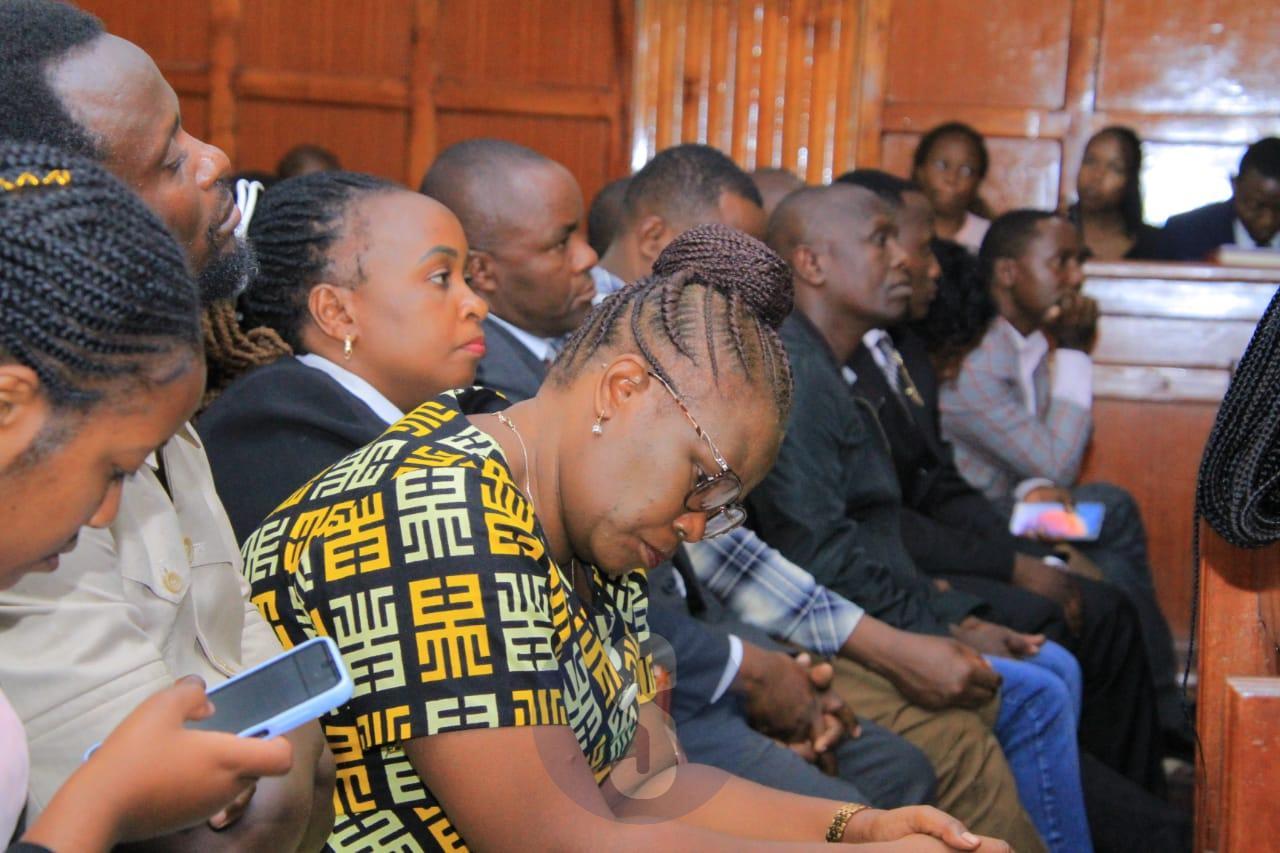The Nakuru government has rolled out a campaign aimed at demystifying the myths and misconceptions around HPV vaccination to boost its uptake.
Human papillomavirus (HPV) vaccination is a primary prevention against cervical cancer.
HPV is a sexually transmitted virus that causes cervical cancer in women, a leading cause of cancer-related deaths, and the second most common cancer among women.
The vaccination drive is underway in Nakuru.
Nakuru county chief officer for nursing Wendy Tirop blamed myths and misconceptions for the low uptake of the vaccine.
In Nakuru county, the uptake is 50 per cent. Those targeted are girls aged between 10 and 14 years.
Tirop said health workers are grappling with the issue of consent as the target beneficiaries are underage.
She said the county government is fighting misinformation associated with the vaccine, through sensitisation at the community level.
"Vaccination of our girls with the HPV vaccine is the only sure way of fighting cervical cancer. We have to protect the future generation by vaccinating our girls. It is worrying that the disease is killing people left, right and centre, yet we are not utilising the solution with us," Tirop said.
She spoke during a data review meeting on the county's immunisation coverage.
The vaccine is available for free in all public health facilities. Private hospitals, however, charge from Sh20,000 for a dose.
"We must redouble our efforts to increase the uptake of the HPV vaccine. Protecting our children from preventable diseases is paramount and we have the power to make a difference," Tirop said.
Besides vaccination, she said, the county is training and equipping health workers to effectively screen cervical cancer and offer pre-cancer treatment.
“It is now possible for women to get screened and treated at subcounty hospitals. Further tests can be referred to the Nakuru Teaching and Referral Hospital, where there is a histology lab,” Tirop said.
HPV vaccination was rolled out by the national government in 2019, following a successful pilot programme in Kitui between 2013 and 2015.
Under the programme, the Ministry of Health targeted 3.2 million girls across the country by June 2023.
However, only 1.7 million girls, representing 53 per cent have been vaccinated, with 876,800 (27.4 per cent) receiving the second jab.
Top counties in uptake of the first dose of the vaccine include Nyandarua, Nyeri, Bungoma, Nyamira, Kirinyaga, Siaya, Vihiga and Taita Taveta.
Counties of West Pokot, Marsabit, Samburu, Turkana, Isiolo, Wajir, Garissa and Mandera have recorded the lowest uptake of the jab, with only 20 per cent of targeted girls vaccinated.
According to the World Health Organization (WHO), cervical cancer is the fourth most common cancer among women globally.
The global strategy to accelerate elimination of cervical cancer requires every country to have 90 per cent of girls vaccinated by age of 15 and 70 per cent of women screened by age of 35 and again by 45 years.
WHO recommends that comprehensive cervical cancer control should include primary prevention (vaccination against HPV), secondary prevention (screening and treatment of precancerous lesions), tertiary prevention (diagnosis and treatment of invasive cervical cancer and palliative care).
Tirop said HPV causes about 99 per cent of cervical cancer reported at a tender age of 25 years.
“My conversation with parents and guardians is that it is irresponsible to fail to take our girls for the vaccine. Cervical cancer is not a disease to wish on anybody. It bleeds and kills, and needs not to happen,” she said.











